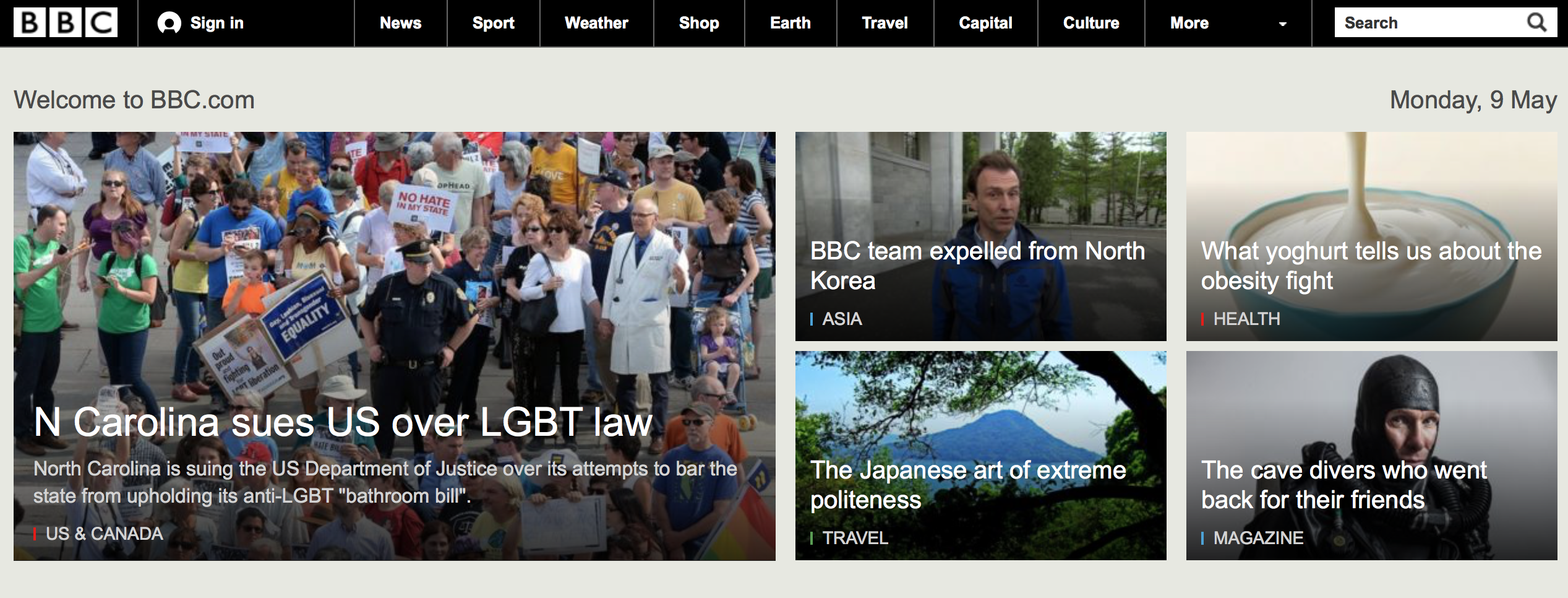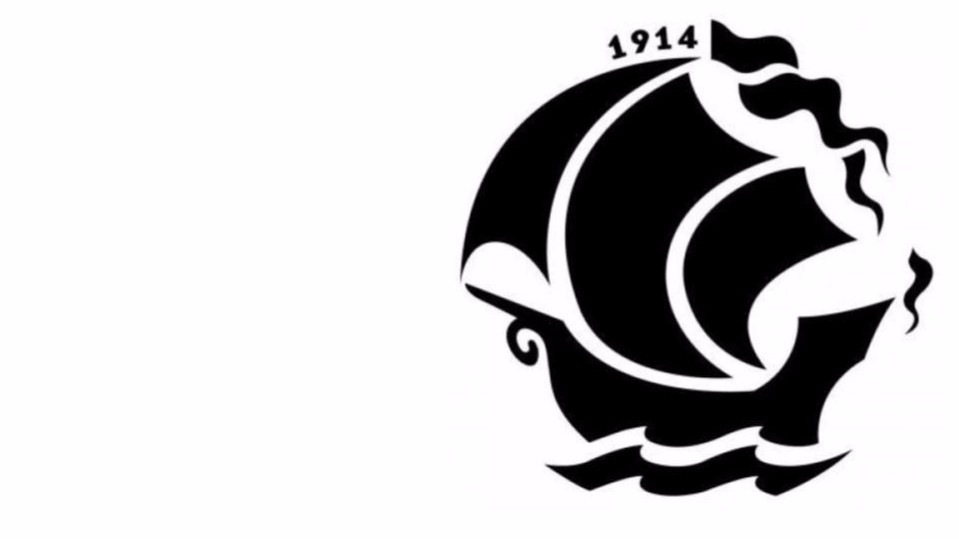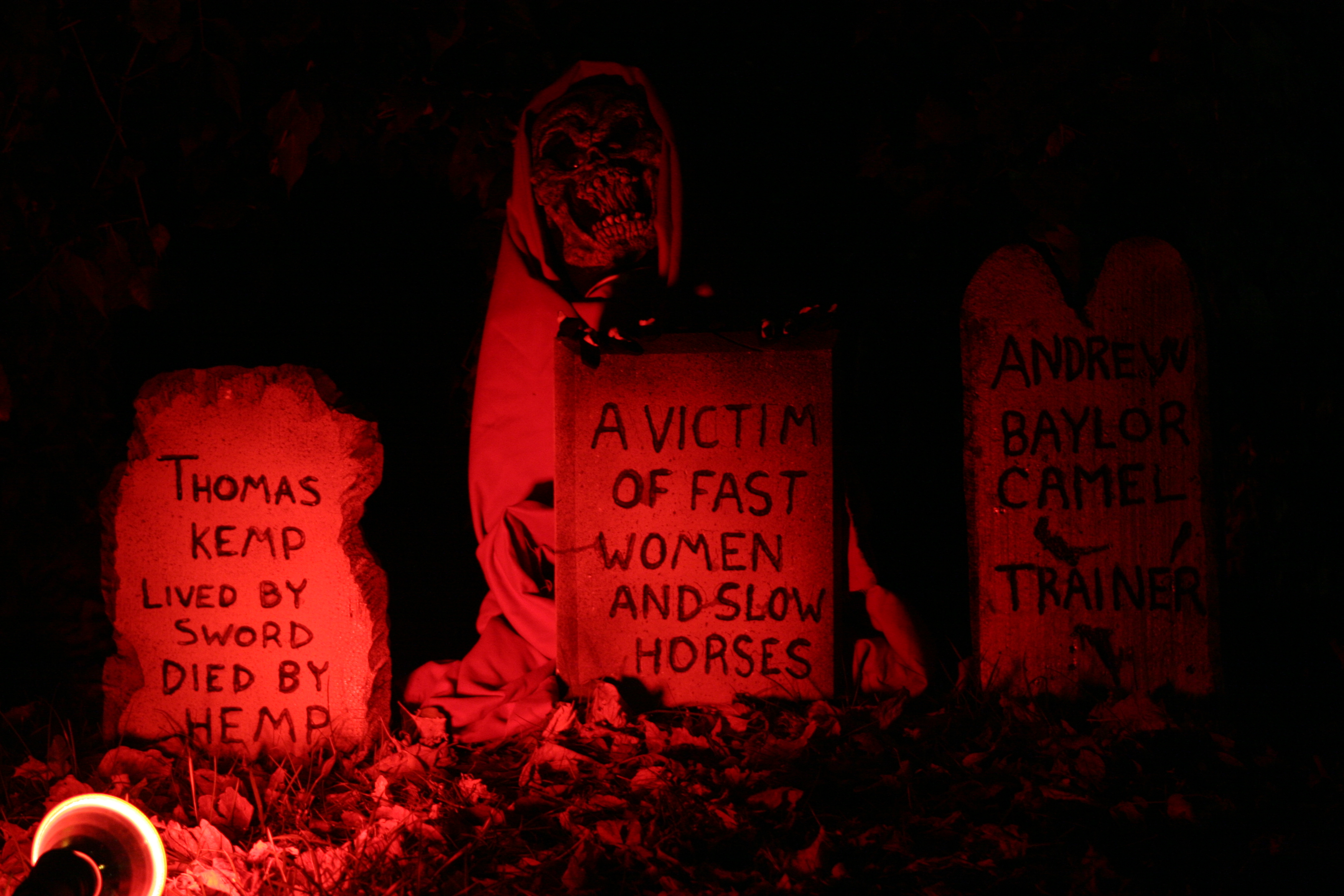I am super grumpy today. Angry. No—thoroughly pissed off at billionaire bully Peter Thiel’s vendetta litigation financing that resulted in today’s bankruptcy filing by new media journo Gawker Media. Thiel plunked down, admittedly, at least $10 million to back Hulk Hogan’s breach-of-privacy lawsuit, which resulted in a $140 million jury judgement against the blog network for releasing the former faux wrestler’s sex tape.
Gawker had asked the presiding judge to set aside damages during the appeals process. Denied. The amount due exceeds the company’s assets, precipitating the Chapter 11 filing that will effectively end the media company as we know it now. Gawker is on the auction block, where Ziff Davis already has an offer.











